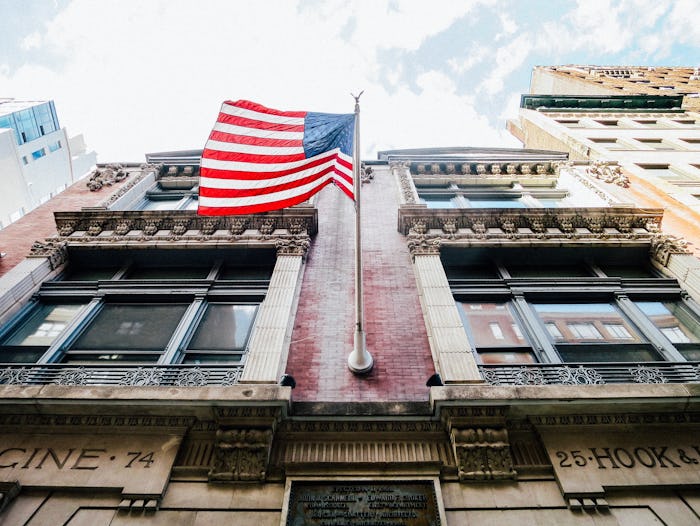News
North Dakota Overturns Voter ID Law, But Will Other States Follow Suit?
A federal court on Tuesday prevented North Dakota from passing its strict voter identification law, expanding voters' rights statewide. United States District Judge Daniel Hovland gave a preliminary injunction, writing that "no eligible voter, regardless of their station in life, should be denied the opportunity to vote." With the upcoming presidential election, many voting rights activists are hoping that this ruling might have a continuous ripple effect. North Dakota overturned its voter ID law, but will other states follow?
The New York Times reports that, according to Hovland, the proposed law "made it difficult and sometimes impossible for some Native Americans on rural reservations to cast ballots." Alvin Jaeger, North Dakota’s secretary of state, aligned with Hovland and affirmed that the ruling would not be appealed. Led by Republican legislators, proponents of the law claimed that the laws would "combat voter fraud and protect the public’s confidence in elections," as per The Washington Post. Under the rejected law, both college IDs and military IDs would have been unacceptable forms of identification. Now, many forms of ID can be used, including the opportunity to sign an affidavit as identification.
Over the past two weeks, five states ruled against voter identification laws. The explanations made by judges in said rulings often highlight how seldom voter fraud occurs and emphasize how these laws target minorities. In addition to North Dakota, Texas, North Carolina, Wisconsin, and Kansas have recently blocked similar laws that have included banning same-day voting registration, restricting early voting, and requiring that voters show proof-of-residence, among other expectations.
It's expected that this trend will continue and other states will follow suit in the coming months, or even weeks. In the recent Texas ruling, the United States Court of Appeals for the Fifth Circuit—arguably "the most conservative federal appeals court"— made a 9-6 ruling, calling the proposed law discriminatory. Courts nationwide, even conservative ones, are realizing that these laws are intentionally targeting black, latinx, and Native American voters.
Though progress has been made in recent weeks, 15 states are expected to have new voting restrictions in comparison to the laws that were initially in place for the 2012 presidential election. In Virginia, a continuous opposition to a restrictive 2013 law has acknowledged the law's "disparate impact on minorities," but has resolved that this particular "inconvenience does not amount to a 'substantial burden,'” according to U.S. District Judge Henry E. Hudson. Whether states are appealing unjust laws or striking then down altogether, one thing's for sure: This conversation's far from over.
